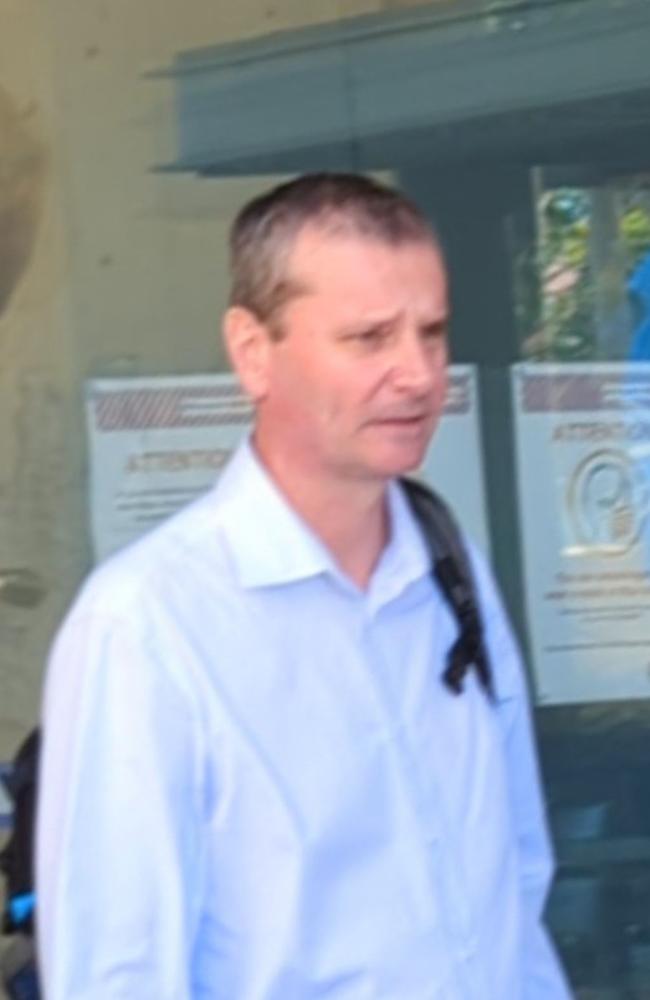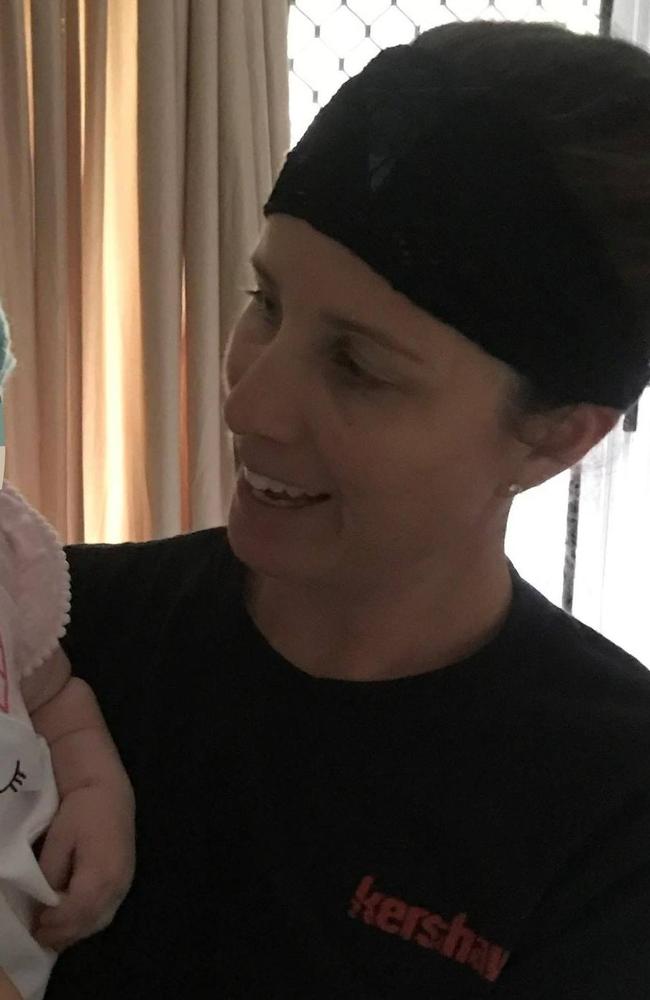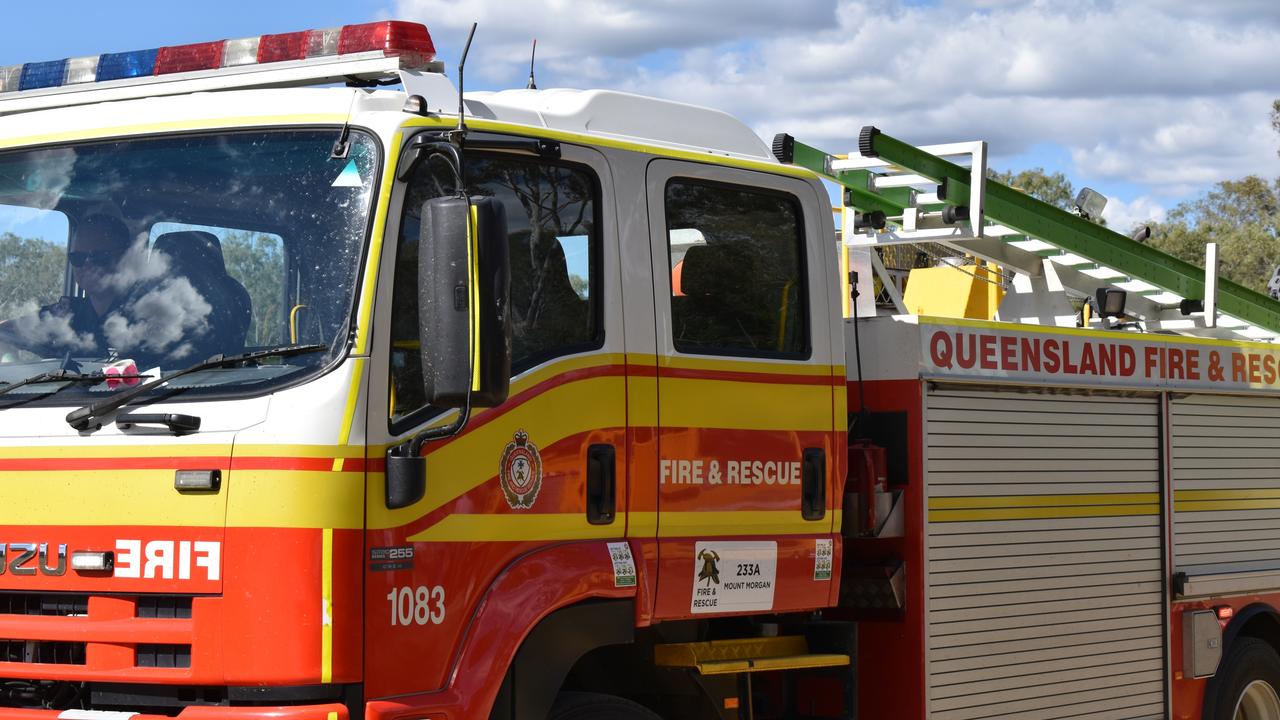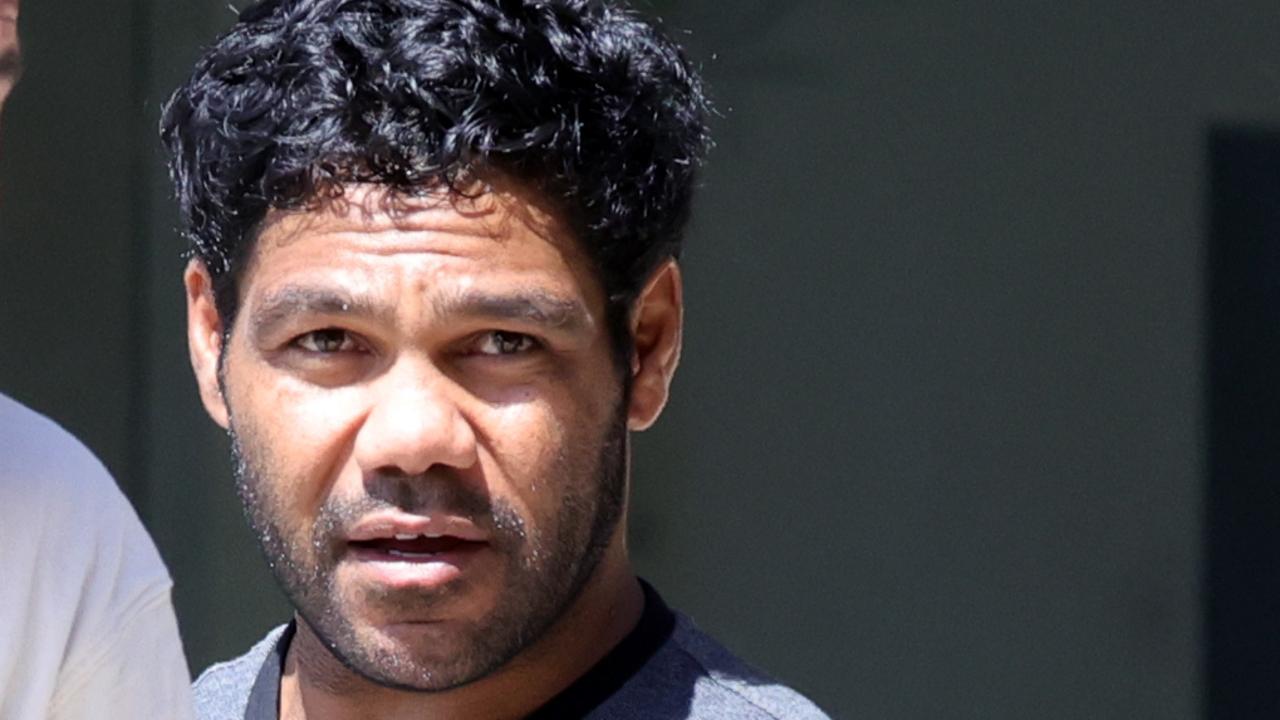150 plants, 4kg of drugs, guns and $80k cash: Bunnings couple Kelly Jean Dalgleish and Stephen Brendan Bakunowich sentenced after mega-bust
A married couple who ran a business supplying plants to Bunnings have faced court after police found their crop included almost 150 cannabis plants.

Police & Courts
Don't miss out on the headlines from Police & Courts. Followed categories will be added to My News.
The owners of a nursery business supplying greenery to Bunnings stores have faced court on a raft of charges after police found almost 150 cannabis plants during a raid.
Owners of Future Garden Designs Kelly Jean Dalgleish, 43, and Stephen Brendan Bakunowich, 46, were caught with the crop of illegal plants, along with guns, fireworks and more than $80,000 cash, Ipswich Magistrates Court has heard.
They each pleaded guilty in June, 2021, producing dangerous drugs, possession of dangerous drugs, possessing anything used in the commission of a crime, unlawful possession of weapons, and authority required to possess explosives.
During sentencing on August 25, 2022, the court heard the couple was charged on March 5, 2020, after police raided their Mount Edwards property.
The police found almost 90 cannabis plants growing in a tent, 58 cannabis plants in a greenhouse, and several containers containing further quantities of cannabis weighing a total 4.823kg.
They further located several firearms, fireworks, a grinder capable of extracting cannabis oil, and a total of $80,190 in cash – stashed in both envelopes and Dalgleish’s bag.

Defence barrister Anthony Glynn said the fireworks had been purchased legally in Canberra almost 20 years ago, but said Bakunowich had been aware it was illegal to possess them.
He further explained the firearms were primarily kept to control wild dogs in the area that had killed some of their animals.
The court heard Dalgleish and Bakunowich had moved to Mount Edwards in 2018 to cultivate plants for their business, Future Garden Designs, and that they had supplied to larger businesses including Bunnings.
Mr Glynn said neither defendant had a criminal history, and the couple have two children together.
He explained the drought had significantly impacted their horticulture profits, and Dalgleish and Bakunowich had instead shifted their primary focus to their knife sales business.
They kept a large supply of knives, imported from the United States, at their home, and said the cash found by police consisted of profits from that part of their business.
“They anticipated having to make a tax payment in relation to their business dealings, and by having the cash away from their other business dealings … they hoped to ensure they had sufficient funds to meet any tax obligations that they had at the end of the year,” said Mr Glynn.
“Had they known it would be seized, they certainly would have banked it.”

Mr Glynn asked that no convictions be recorded as it would significantly impact their ability to travel internationally, which would have a negative impact on their knife sales business.
Judge Alexander Horneman-Wren identified several flaws in Dalgleish and Bakunowich’s financial records, but accepted that the most likely explanation for a $45,000 that appeared in Dalgleish’s declared income was that it was from knife sales receipts.
“The record keeping may have been poor, but … it certainly didn’t involve any effort to avoid tax,” said Mr Glynn.
Prosecutor Clayton Wallis noted “there is a concept known as money laundering,” but offered no evidence in that regard.
Judge Horneman-Wren noted there was no evidence to indicate whether Dalgleish and Bakunowich had grown cannabis for personal use or supply.
“For whatever reasons people might choose to grow their own cannabis … it must be made clear that it will be met by a stern punishment from the courts.”
Dalgleish and Bakunowich were each fined $4000 for the drug production charge, and convicted and not further punished for the remaining charges.
No convictions were recorded.




